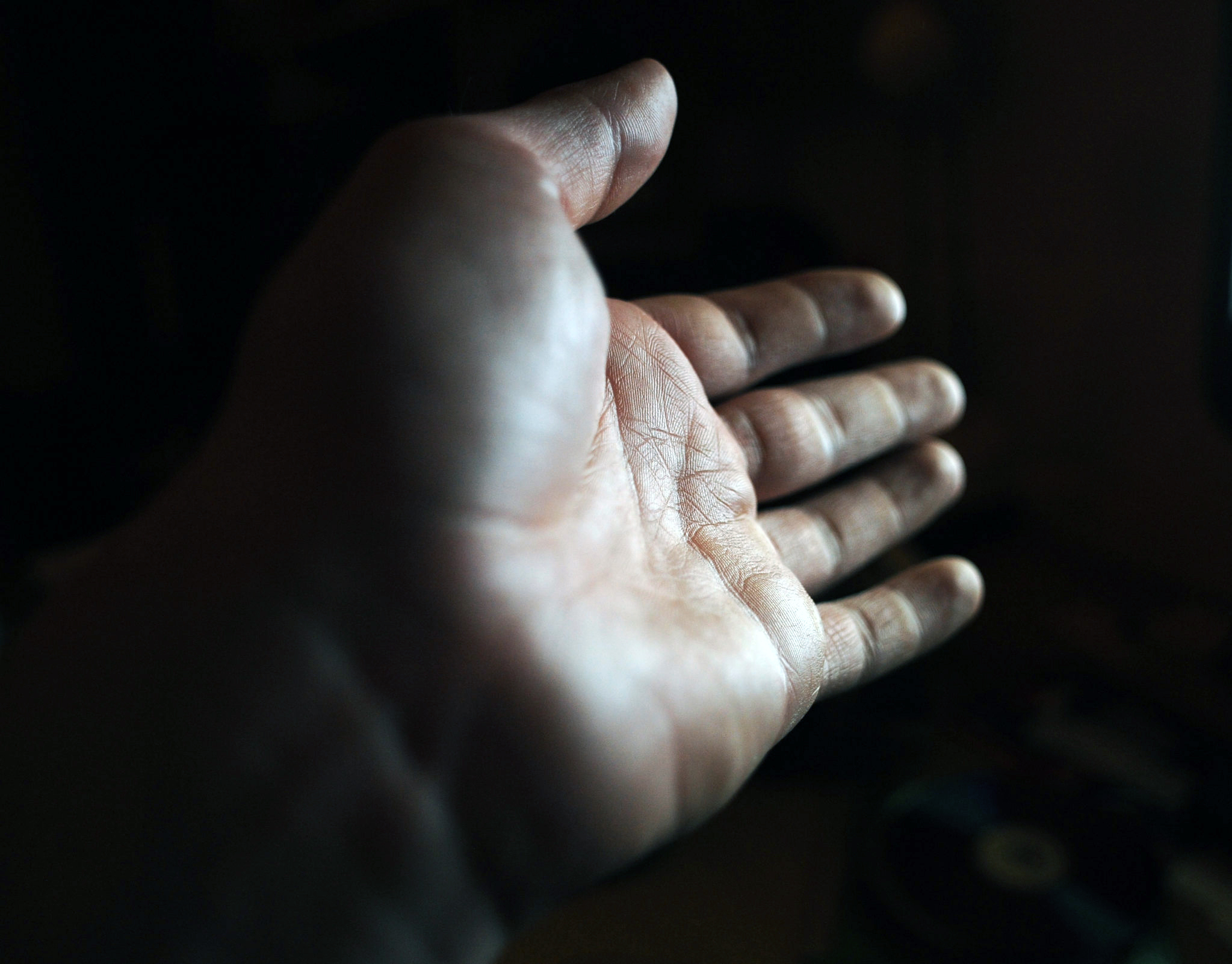There’s a tragic irony to this life: The only thing we can control is whether we’re willing to stop trying to control things. Whether we’re willing to let go.
The bad news is, letting go is probably the hardest thing to do.
Addiction recovery programs offer 12 steps over months, years, even decades to help people let go of alcohol, heroin, or something else they love. Meetings are available 24/7, in every corner of the world. There’s almost certainly someone spilling their guts out in a meeting somewhere right now about how hard it’s been to let go.
Maybe you’re not an alcoholic or drug user. But you’re addicted to something. It might be appearing a certain way to other people. Or pleasing your significant other. Or making lots of money. Or pretending that your better or smarter or more woke than other people.
The good news? Letting go is, well, letting go. There isn’t much to it. It’s like realizing that the door you’ve been struggling to open actually opens the other direction. It’s the opposite of effort. It’s relaxing, not doing anything, releasing the controls.
The meditation teacher and psychologist Tara Brach tells the story of pilots attempting to fly at high altitudes back in the 1950s. They would anxiously try to stabilize their planes when they were thrown off by the low gravity. But the more they manipulated the controls, the wilder their planes became. Many plunged to their death.
This continued until one of the pilots was knocked out. “Unconsciously, he plummeted toward Earth,” writes Brach.
“Seven miles later, the plane re-entered the planet’s denser atmosphere, where standard navigation strategies could be implemented. He steadied the craft and landed. In doing so, he had discovered the only life-saving response that was possible in this desperate situation: don’t do anything. Take your hands off the controls.”
Again, it sounds simple. But it’s difficult. Why? Because it means we have to feel the feelings we’re unwilling to feel.
The pilots who died weren’t willing to feel their fear. They got anxious and caused more harm than good. The pilot who survived was just lucky enough to be forced to let go.
I recently saw a photo of a friend who died of an overdose almost a decade ago. It made me incredibly sad. I hadn’t thought about her in years. To be honest, I’d never slowed down enough to think about her much at all.
Luckily, during the pandemic I’ve been writing songs on guitar to cope with the isolation. I picked up my guitar and started to write. Thirty minutes later I had a song filled with sad but angry lyrics.
Writing the song put me in touch with my anger. Toward her for dying. Toward myself for never telling her how I really felt about her and her drug use. Toward the world for allowing such a brilliant, beautiful person to die.
But now I feel lighter. Like I’ve let go of something. I’m not angry anymore. If anything, I appreciate the short time we had together.
I now know for sure that I couldn’t have saved her. I don’t have that kind of power. No one does.
The point is, we can’t let go of feelings we don’t even know are there.
Those unfelt feelings are what cause us to suffer. They keep us stuck in anxious patterns of manipulation, avoidance, or other ways of trying to control things. They hold us back from being able to control what we can control.
Pema Chödrön, the American Buddhist nun, writes in her book Start Where You Are about the 11th-century Tibetan Buddhist master Milarepa.
As a young man, Milarepa murdered someone. He turned to Buddhism for salvation, living alone in caves, meditating for days on end. One evening, the story goes, he returned to his cave to find it filled with demons. They were eating his food, reading his books, sleeping in his bed.
Milarepa tried teaching the demons about Buddhism. But they didn’t listen. He tried talking to them about compassion, but that didn’t work either. He got angry and ran at them. They just laughed.
Finally, he gave up. “I’m not going away, and it looks like you’re not either, so let’s just live here together,” he told them.
All the demons left, except one. Milarepa surrendered even more, walking over and putting his head in the demon’s mouth. Poof. The last demon disappeared.
Chödrön concludes, “The moral of the story is, when the resistance is gone, so are the demons.”
Hi, I’m Jeremy, a writer, meditation teacher, and host of the Meditation for the 99% podcast. My weekly email newsletter helps you be more mindful about work, relationships, and politics. Subscribe here.
Download my free ebook on how meditation can transform your life.
Photo by -5m.
